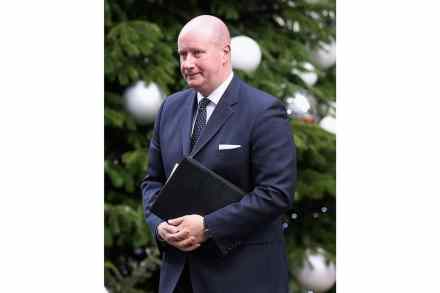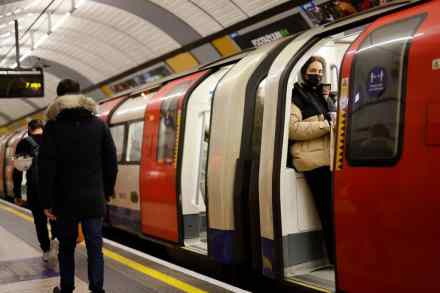Who monitors the moralists?
If anyone was suitable to be the Prime Minister’s adviser on ministerial interests, it was Lord Geidt. Self-effacing, professional, unself-righteous but thoroughly proper, he could be relied on to do his job without an eye to attracting headlines, gaining Remainer revenge and similar modern temptations to which some officials succumb. Yet last week he resigned. It seems a good moment to ask whether the job is doable. Many will say that it isn’t, and blame Boris Johnson. It is undoubtedly true that any system based on rules comes under strain when confronted with Boris’s work methods. Last week, a horse called Etonian ran at Ascot. A newspaper reported that he


















